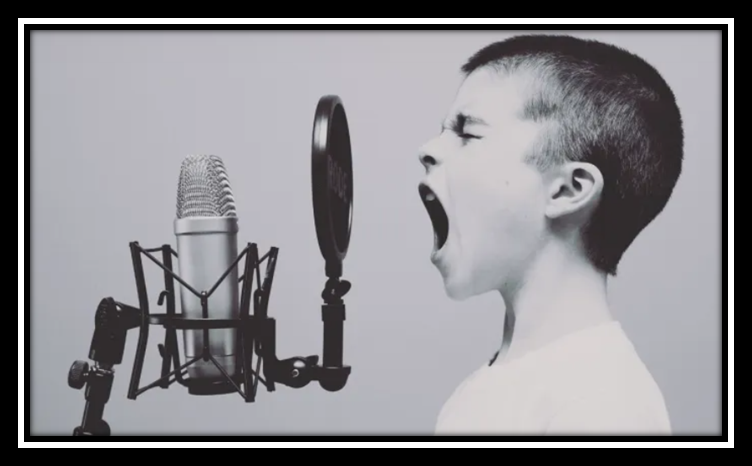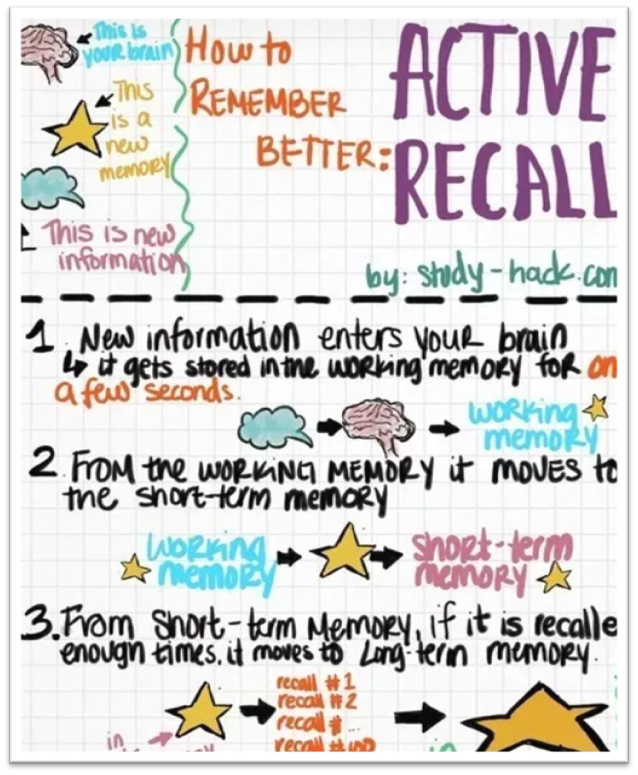Flash cards, everyone should listen more. For example, children’s memory training, brain neuroscience, sensory integration, etc., are more or less linked to flashcards. So what exactly is a flashcard? Let’s talk about the role of Chinese flashcards today.

🍩What is a flash card?
Flash cards are a very common learning tool in American classrooms, such as the word game that my child just played two days ago, and flashcards appear on the wall of the class. Flash cards have been popular for decades because they are a proven method in the field of teaching and can help improve students’ memory and comprehension of concepts.
Flash cards are suitable for a wide range of ages, and can be used as parent-child games in the enlightenment stage of young children, can also be used as auxiliary props for children to learn at home, and can also be teaching aids for interacting with children in the classroom to improve learning ability.
Of course, it also applies to adults, so if you want to take any exam, the design strategies and principles of the flash card can be used, which will make you more effective with half the test.
The principle behind this strategy is to help us use “active recall” to improve learning, “active recall” refers to providing some clues, tools or trigger points to help children better grasp knowledge, interact with knowledge, so as to remember, digest and absorb knowledge.
If you don’t mind the amount of work, the flashcards can be made by yourself, which is really not a secret, and the design logic is like this: prepare a card with a question or a word as a “trigger” on the front, and the answer you want to remember on the other side.
The reason why the flash card is a classic active recall tool is because its trigger point is very clear, when you use the flash card, pick up the side, you will know if you have this knowledge.
There is no shortcut to it, when we pick up the flashcard and see the first side of the card, we either know the “answer”, or we don’t know the “answer”, there is no way to cheat, so when we don’t know the answer, it will remind us to keep practicing.
🍩The use of flashcards is strategy-oriented
The disadvantages of flashcards are also obvious, first, it takes a long time to prepare, the “trigger point” of flashcards needs to be triggered randomly, not that we prepare a card for the child, hand it to the child, you can complete the entire active learning process, but at least prepare dozens and hundreds of cards in front, so that the child can be within reach of what needs to be remembered, in order to achieve random, interesting, efficient learning effects, which is why the use of flashcards in classroom teaching is actually “appearing in groups”.
However, if the child learns more independently, the applicable logic and use of the flash card are also clear, of course, you can encourage the child to DIY their own word card Oh, this can be a good way to improve the child’s interest in learning and strengthen the consolidation of the child’s learning effect.
Second, the flashcard is just a tool, it focuses on the use of strategies, and we need to flexibly combine a variety of flashcard teaching strategies to use. In the process of using flashcards, you can learn from the learning advice I provided and do it with children at different ages and stages:

★ Less than one year old: can introduce flashcards, can also be parent-child reading, it is not a necessary thing to buy, our mentality is to take flashcards as a parent-child reading way, and usually at home to do parent-child reading, reading books and reading pictures is not much different, do not carry out flashcard memory exercises or games for children, more as family reading input and environmental training.
★ 1~3 years old: encourage the introduction of parent-child flashcard games, the focus of this stage is parent-child interactive gameplay, because flashcards can help children into words, words, is a good tool for children to be curious about words, a variety of parent-child games related to “words”, “words”, “stories”, can be done at this stage.
But the focus of this stage is on the sense of participation of parent-child interaction, the key is play and interactivity, and there is no need to have too many expectations or requirements for answers or effects.
★ 3 years old +: You can combine flashcards, do memory games with children, and add some quizzes, such as letting children look at positive words and say the meaning of words.
If the child is zero-based and has not played flashcard parent-child games before, then you can combine the game of 1~3 years old and the game of 3 years old, starting from the simplest words, step by step to advance the combination to play, “play learning, consolidation in learning” can be done.
Chinese flashcards itself is just a tool, not a product with magical power, with proper use, children can better play the role of the flash card, become a very good helper for children to assist learning, and can even continue to the adult stage of learning, any want to know the knowledge point.
Children who want to learn Chinese can also make Chinese flashcards of knowledge, which is easier to remember.
